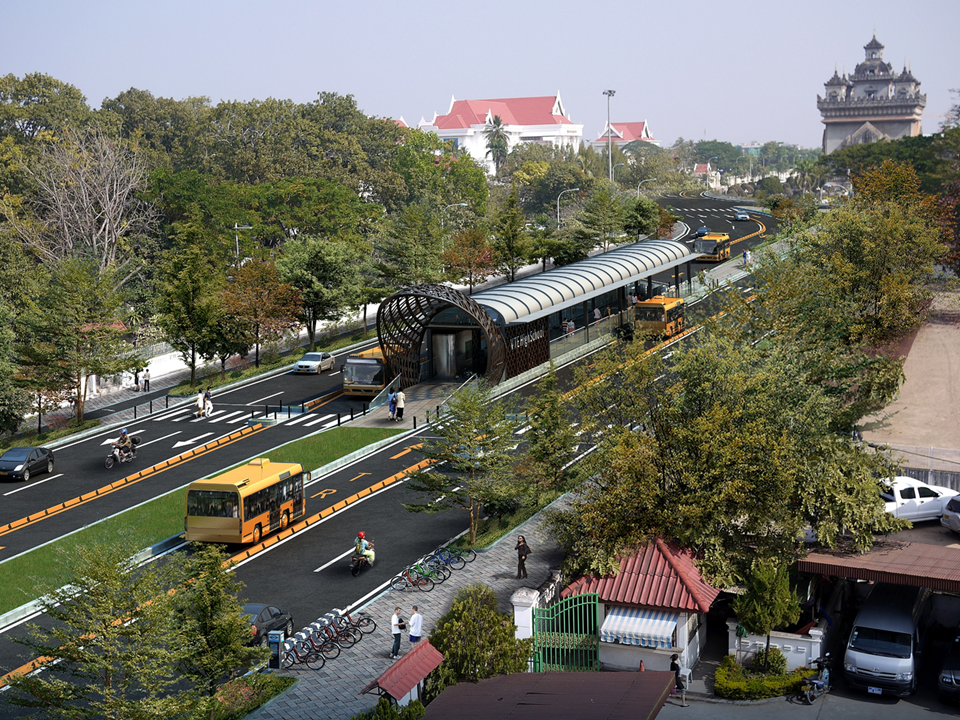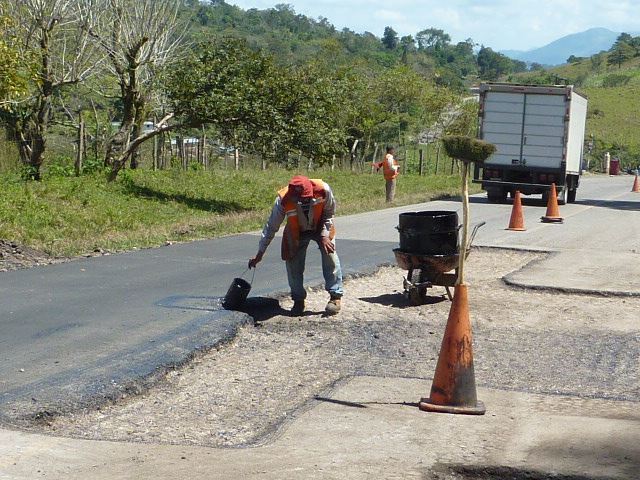In Bangladesh 40,000 people commute every day on the 203km-long railway between the capital Dhaka and Chittagong on the coast. But this vital route runs on a single set of rail tracks. It simply can't handle the growing traffic.
So the European Investment Bank is working with the Asian Development Bank to improve the route. The EIB is lending EUR 132 million to upgrade 70km of the corridor with a second track, a new signalling system, and upgrades to overhead electrical lines to accomodate taller trains. This will allow an additional 2.7 million passengers and 1 million tons of freight to travel on the route each year, and it enhances trade links with neighbouring Indian states and with Bhutan. Bottom line: it boosts the country's developing economy.
The ability to travel great distances safely and easily is one people in developed countries take as a basic right. For many in the developing world, just travelling to the next town or village is arduous. It can even be fraught with danger. Often it comes at great expense to the environment.
That's why it's vital for multilateral development banks to work together to improve transport infrastructure, as the EIB and the Asian Development Bank are doing in Bangladesh.
Development without sustainable transport troubles

- Vientiane
In Vientiane, the capital of the Lao People’s Democratic Republic, car ownership tripled between 2005 and 2012 alone, leaving the city more and more congested. Road accidents increased and pollution was high.
Again in collaboration with the Asian Development Bank, the EIB is financing construction of 11.5 kilometers of dedicated bus-ways, 21 stations, and 96 new buses. The plan will improve traffic flow and safety across the capital. A parking and traffic management system will improve accessibility for pedestrians and other non-motor traffic. Experts from the two multilateral development banks are working with consultants funded by a grant from the European Commission's Asian Investment Fund to provide technical assistance to the Lao Ministry of Public Works and Transport. Commutes will drop by 1.5 million hours per year.
"By developing an integrated and sustainable urban transport project together with the Asian Development Bank, we are able to make a real impact on the quality of life for people--particularly the poor and vulnerable," says Meryn Martens, the EIB's senior transport specialist. "This project will allow the citizens of Vientiane to benefit from affordable, environmentally friendly transport, greater road safety, and lower health risks."
Sustainable transport for trade links

- Road repairs in Honduras
The Corredor de Occidente connects San Pedro Sula, Honduras's industrial heartland, with Guatemala and El Salvador. It's essential to cross-border trade.
But the growing numbers travelling the route do so at considerable risk. They must brave large potholes, major landslides, sections paved only with gravel, and inadequate signage.
But now the EIB is funding work on 116 km of the road to bring it in line with European road safety standards. The project is a collaboration with the European Commission's Latin America Investment Facility and another multilateral development bank, the Central American Bank for Economic Integration. Travel times will be reduced by 2.5 million hours per year and the number of fatalities on the road should decrease.
